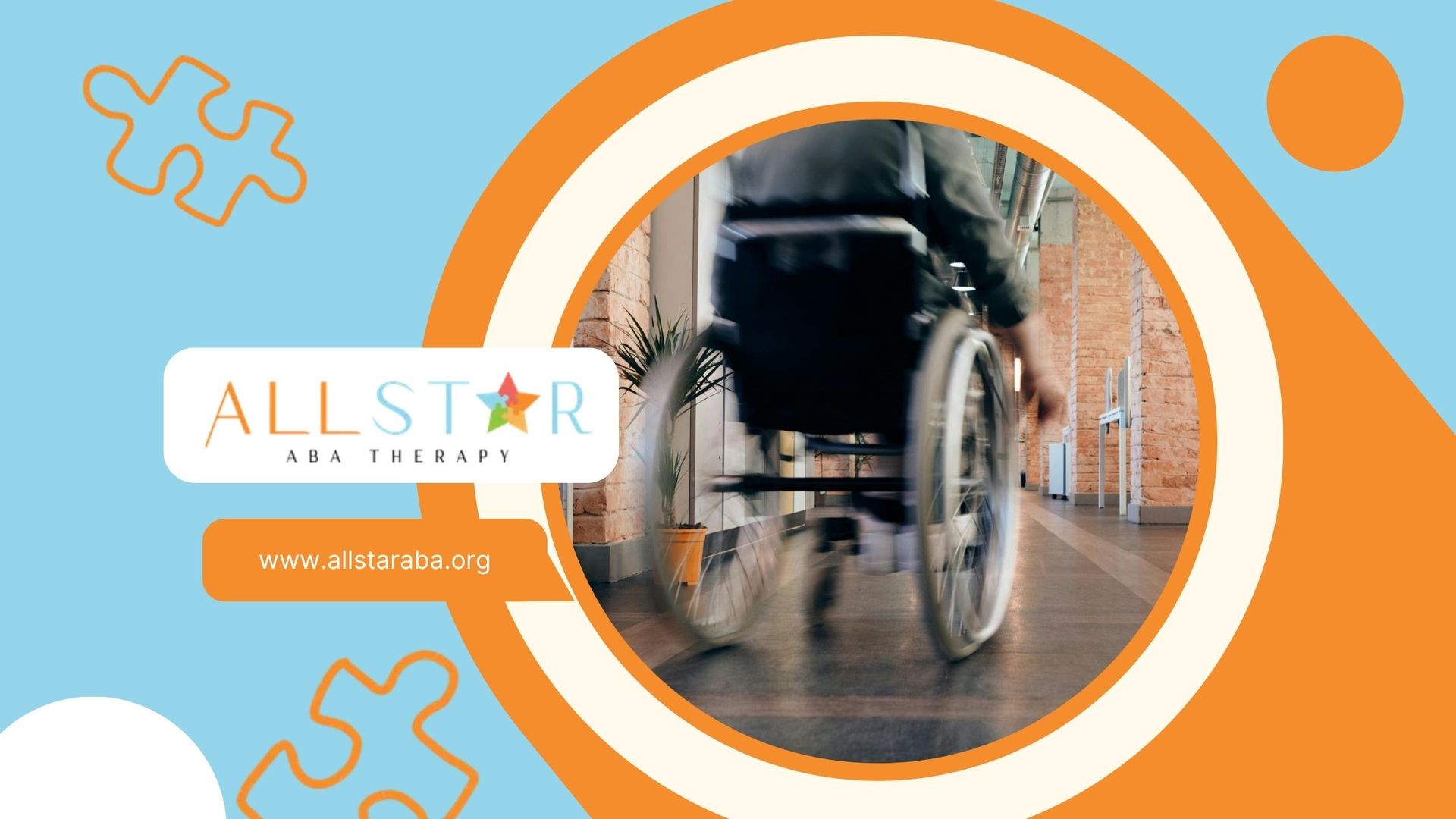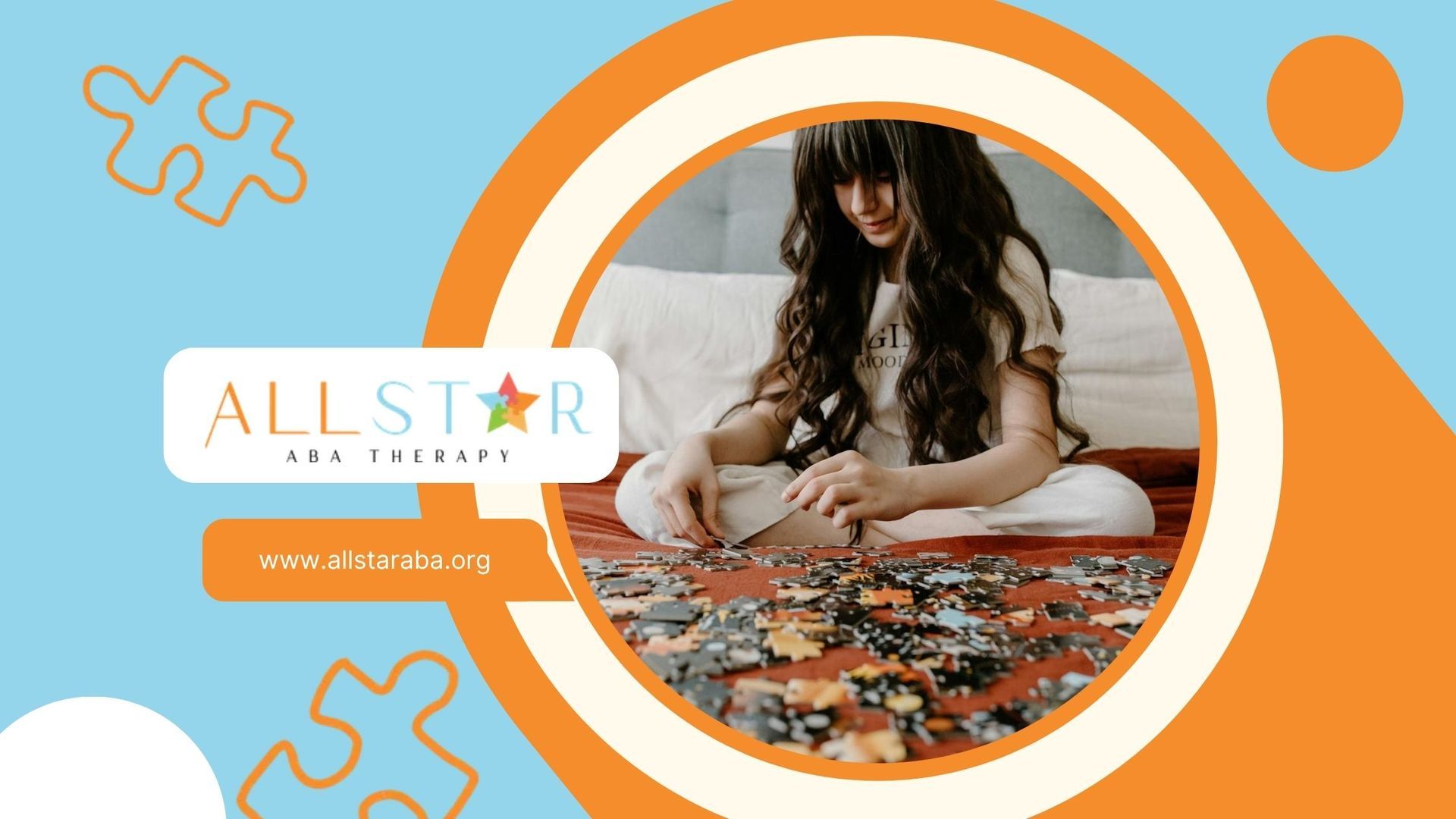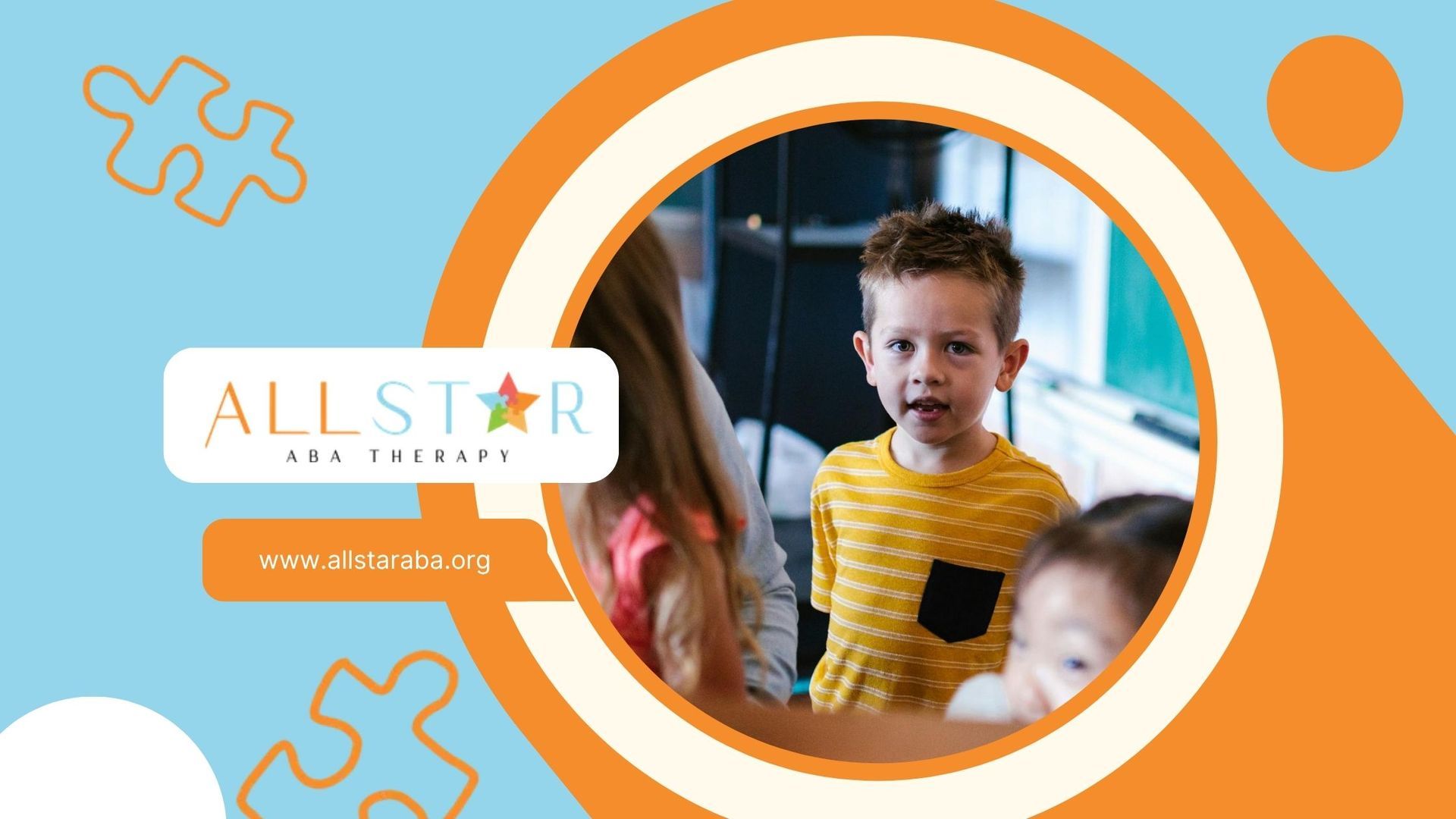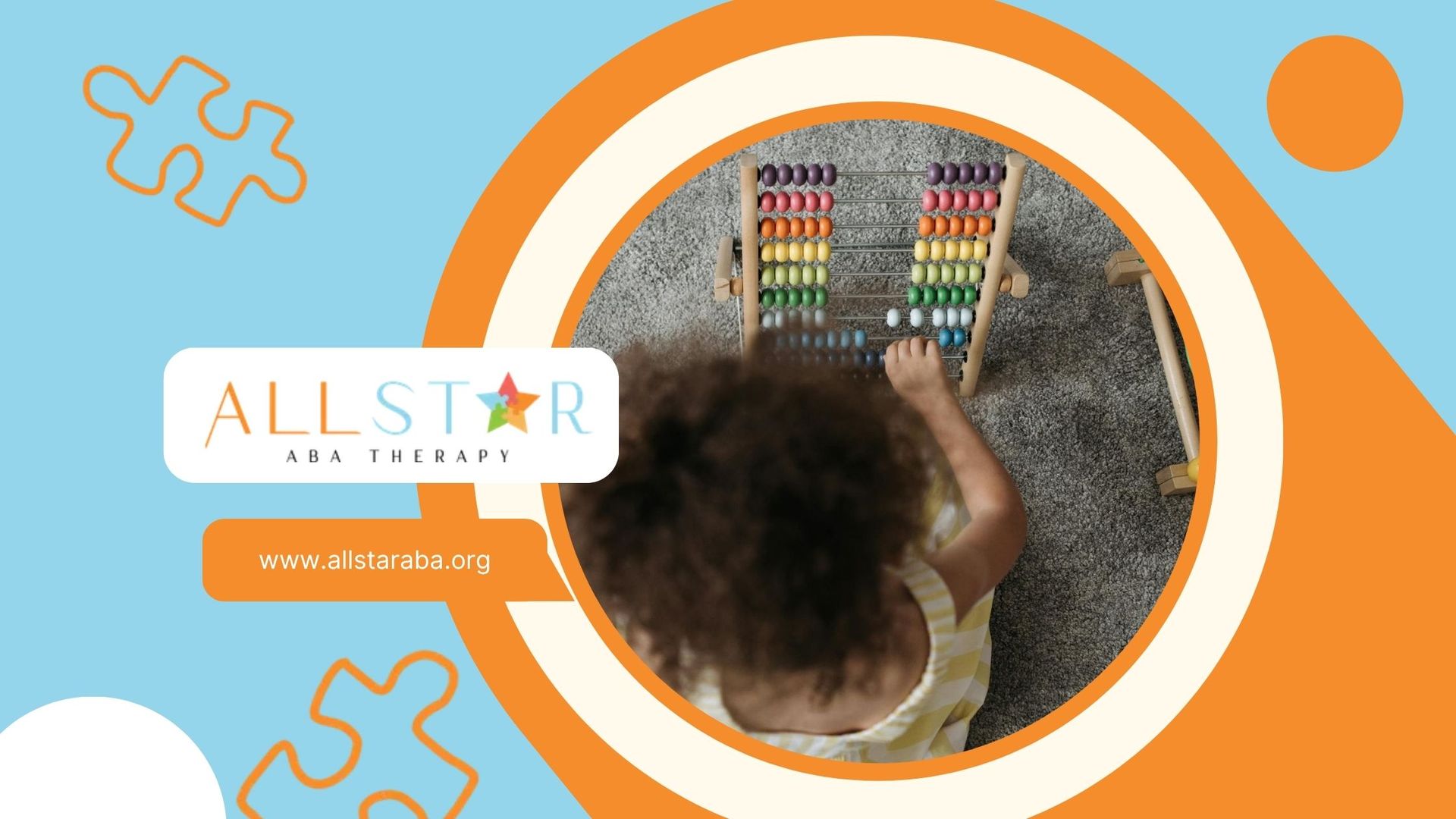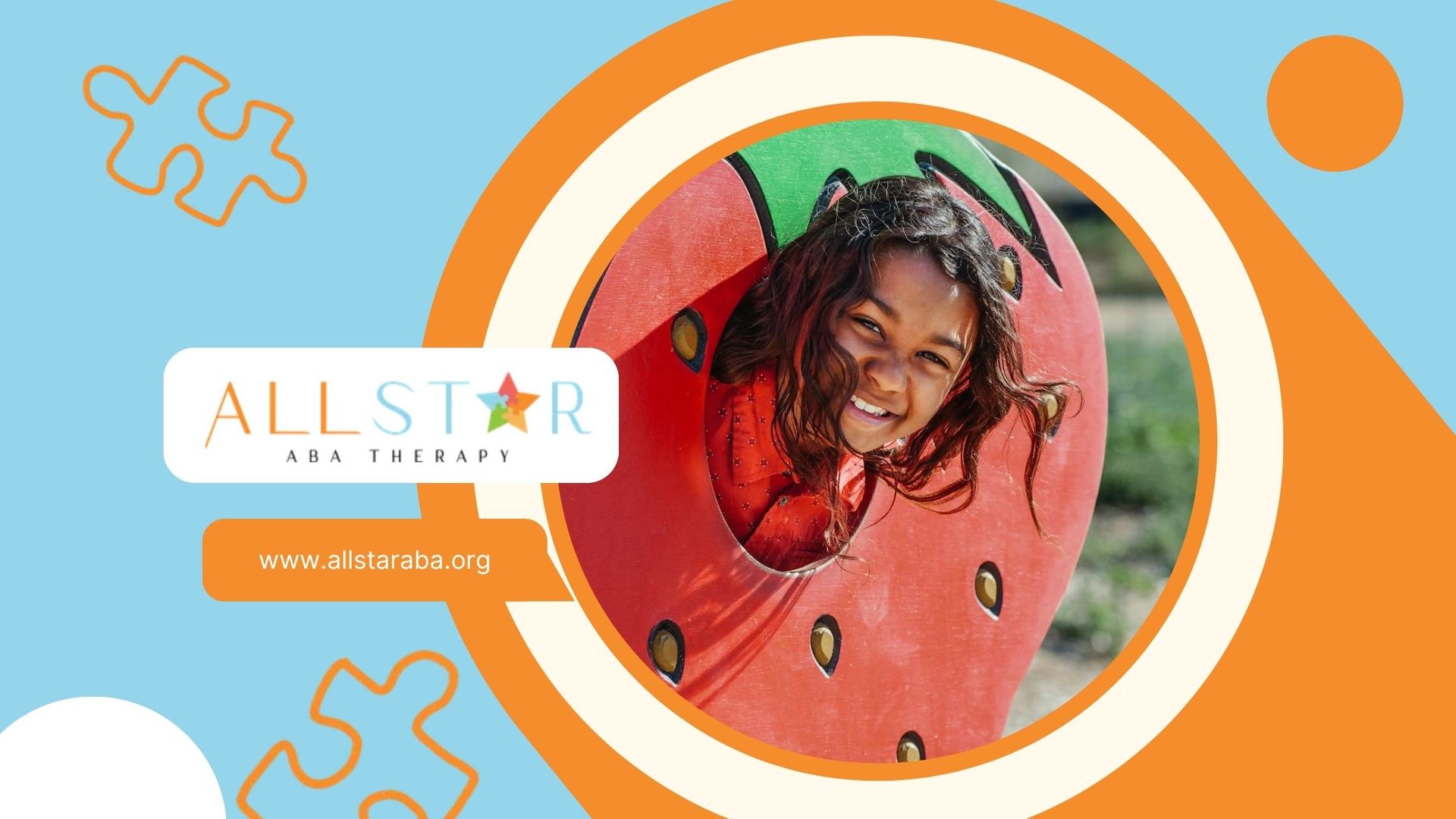New Paragraph
The Foundations of RBT Training: What You Need to Know to Succeed
RBT Training Essentials
Pursuing a career as a Registered Behavior Technician (RBT) presents a fulfilling opportunity to impact individuals with autism and other developmental challenges positively. If you aspire to become an RBT, this guide provides the RBT training process, its importance, and how it prepares you for a rewarding role in Applied Behavior Analysis (ABA) therapy.
What is a Registered Behavior Technician?
The Role of an RBT
A Registered Behavior Technician is a paraprofessional who works under the supervision of Board Certified Behavior Analysts (BCBAs). RBTs implement behavior analysis services, primarily focusing on improving clients' social, communication, and learning skills through well-defined behavioral plans.
Why RBT Training is Essential
RBT training equips candidates with crucial skills and knowledge to apply ABA principles effectively and ethically. It ensures that behavior technicians can provide consistent, reliable support to their clients and contribute meaningfully to their behavioral development.
Navigating the RBT Training Process
The journey to becoming an RBT is structured and rigorous, ensuring all certified technicians meet high professional standards.
Educational Requirements
Typically, a high school diploma is required to start RBT training, making this career path accessible to a wide range of individuals.
Steps to Certification
1. Completing Required Coursework
Candidates must complete 40 hours of coursework covering essential ABA principles and the RBT Task List, which outlines the necessary competencies developed by the Behavior Analyst Certification Board (BACB).
2. Competency Assessment
Following the coursework, candidates undergo a Competency Assessmentconducted by a qualified BCBA, ensuring their ability to perform RBT tasks proficiently.
3. Certification Exam
The final step is passing the RBT examination, a multiple-choice test that evaluates a candidate's understanding and application of ABA therapy practices.
Developing Skills During RBT Training
RBT training is about more than just learning techniques—it’s about building a foundation of skills crucial for success in the role.
Enhancing Communication Abilities
Effective communication with clients, their families, and healthcare teams is essential, and RBT training places a significant emphasis on developing these skills.
Understanding Ethical Practices
Trainees learn to handle various ethical issues that may arise, ensuring their practices always uphold the highest standards of care.
Mastering Data Collection
Proper data collection is critical for assessing client progress and adjusting treatment plans. RBT training provides the necessary tools to perform this task accurately.
Conclusion
Training to become a Registered Behavior Technician offers an enriching path to those dedicated to enhancing the lives of individuals with developmental disorders. At All Star ABA, we support our trainees with comprehensive resources and expert guidance to ensure they are fully prepared to excel as RBTs.
Our commitment is to build a skilled team that delivers outstanding ABA therapy. Start your journey with us today and become part of a team that values growth, excellence, and compassionate care.
Frequently Asked Questions
What qualifications are needed to start RBT training?
A high school diploma is required to enroll in RBT training, with no prior healthcare experience necessary.
How long does RBT training typically take?
The required 40-hour coursework can usually be completed within a few weeks, depending on the training provider’s schedule.
Can I complete RBT training online?
Yes, many institutions offer RBT training online, providing flexibility for those with varying schedules.
Need Support?
We're Here to Help!
Our experienced team is ready to assist you. Reach out today to discuss how we can support your child's development and well-being.
Get started with expert ABA therapy today.



